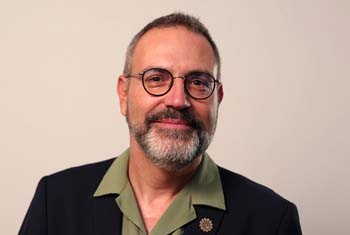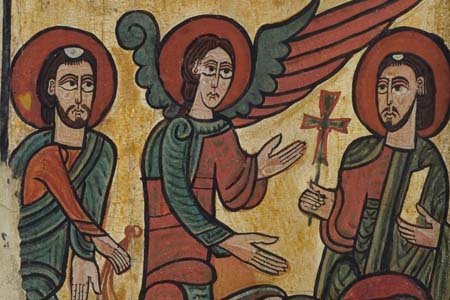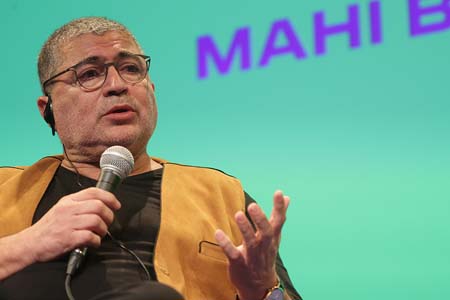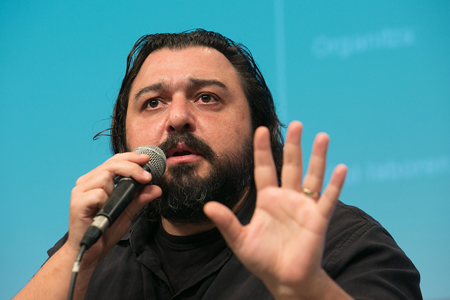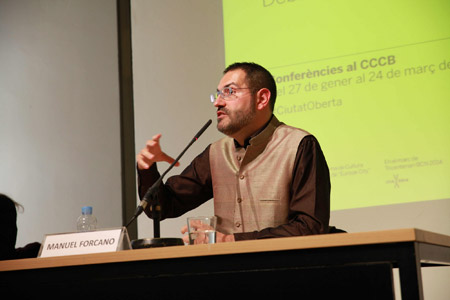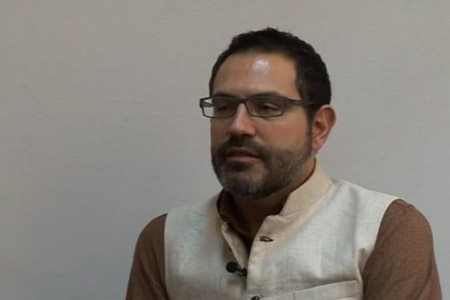Manuel Forcano i Aparicio
Poet and translator. He has a PhD in Semitic Philology from the University of Barcelona, where he has taught Hebrew and Aramaic and History of the Middle East. Notable among his translations from Hebrew, Arabic, English and French are the anthology Clavats a la carn del món (Nailed to the Flesh of the World) by Yehuda Amichai (2001), Els viatges d’Ibn Battuta (The Travels of Ibn Battuta, Proa, 2005) and La descripció del món de Marco Polo (The Description of the World, by Marco PoloProa, 2009). He has also published Llibre de la creació (The Book of Creation: Sefer Yertzirah) Fragmenta, 2012), which he edited and translated.
His poetic work, which is sensual and marked by Oriental and classical influences, has been awarded several prizes, among them the “Jocs Florals” of Barcelona Prize, the Carles Riba Prize and the Tivoli Prize for Young European Poets. He has published several collections of poems, the most recent among which are Estàtues sense cap (Headless Statues, Proa, 2013), Llei d’estrangeria (Aliens Act, Proa, 2008) and El tren de Bagdad (The Baghdad Train, Proa, 2003). Furthermore, he has written historical essays, for example A fil d’espasa: les Croades vistes pels jueus (Edge of the Sword: The Crusades through Jewish Eyes, RBA 2007) and Història de la Catalunya jueva (A History of Jewish Catalonia, Ajuntament de Girona, 2010). He has been vice-president of CoNCA (Natural Council for Culture and Arts), Director of the intergovernmental consortium of the Institut Ramon Llull (2016-2018) and is a member of the board of trustees of the Jordi Savall International Ancient Music Centre Foundation.
Update: 11 October 2023
